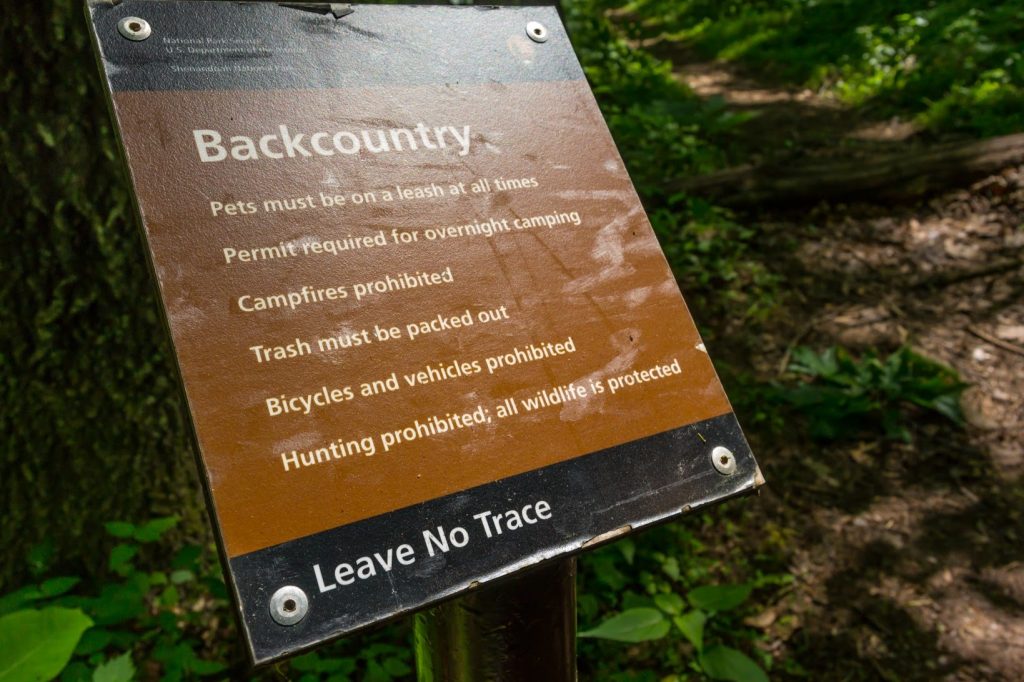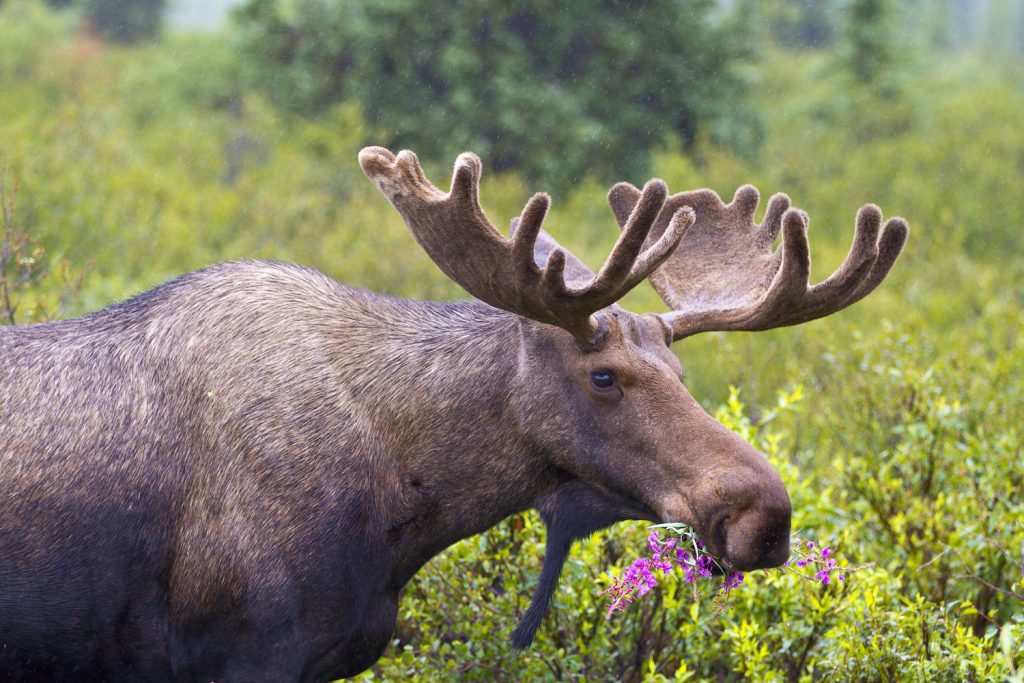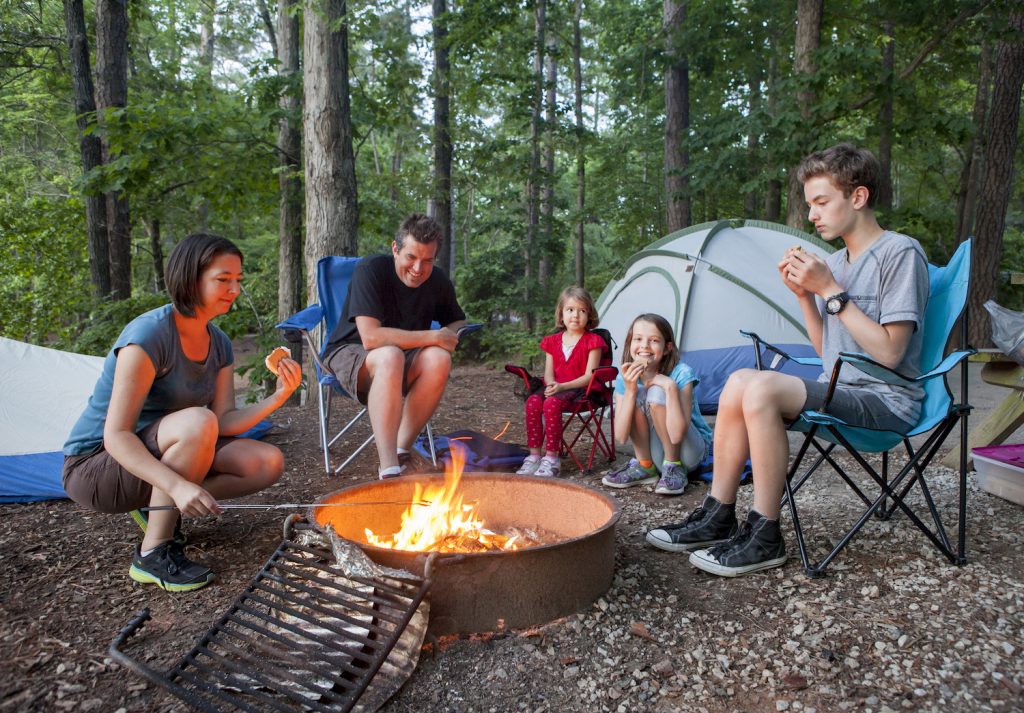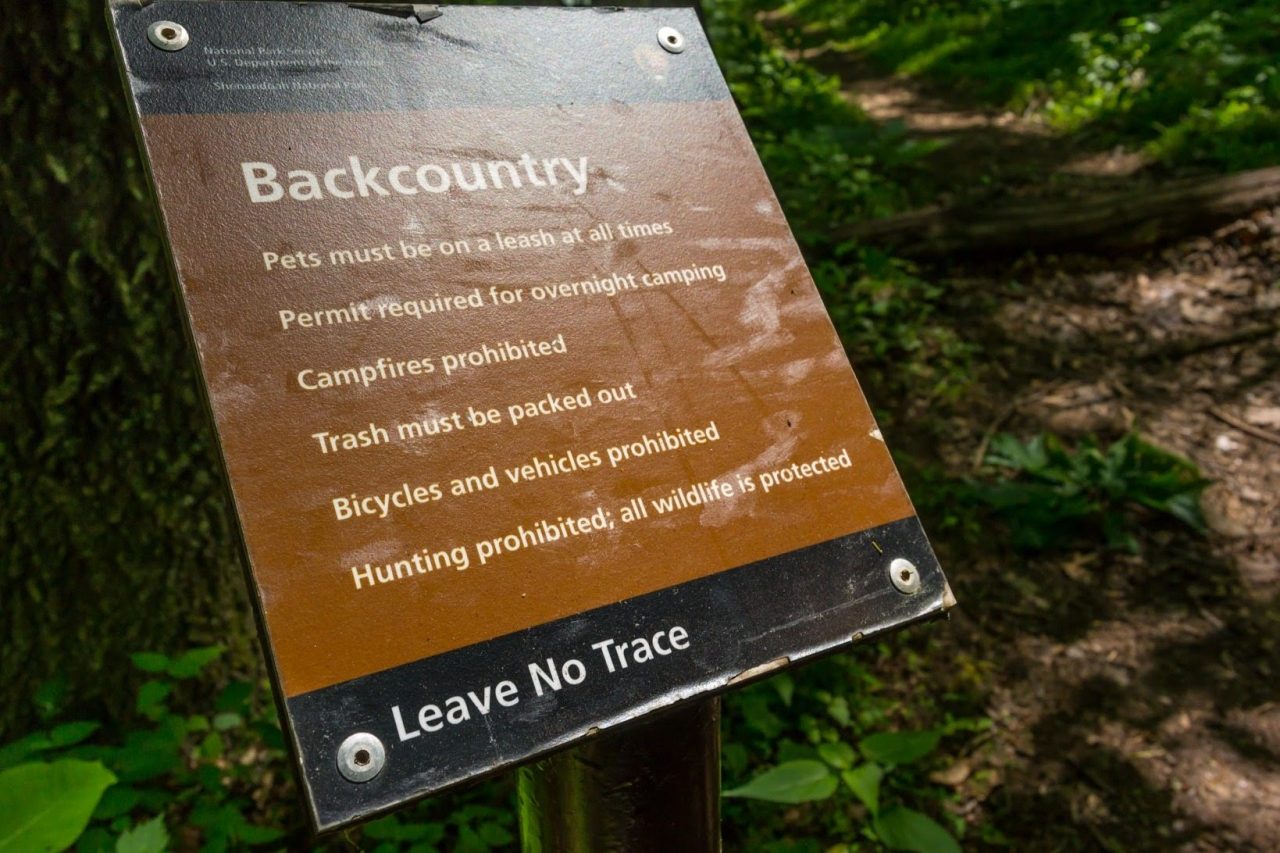If you’re not familiar with the concept, the principles of Leave No Trace Travel espouse eco-friendliness and sustainability. Most popular among campers, the seven tenets of this travel philosophy are: Plan Ahead and Prepare, Travel and Camp on Durable Surfaces, Dispose of Waste Properly, Leave What You Find, Minimize Campfire Impacts, Respect Wildlife, and Be Considerate of Other Visitors.
All of these suggestions were created and are intended to ensure an experience that considers the environment and our effects on it. Keep these tips in mind for your next trip — especially if hiking or exploring the great outdoors — for a good time that’s kind to the earth, too.

A Leave No Trace Sign from the National Park Service
One important part of the Leave No Trace approach is having respect for the people, places and things around you. First, this means using durable surfaces — this means campsites and trails that are already established rather than creating your own. While it may go without saying, make sure you leave with what you brought in. That means no littering! If you need to dispose of waste, make sure it’s at least 200 feet away from any body of water and buried at least six inches in the ground.

By the same token, try to be conscious that you don’t disturb any wildlife, plants, or natural habitats during your time outdoors, and strive to keep everything as you left it. Tempting as it may be to take a souvenir rock or flower from a campsite, resist the urge — both Mother Nature and your fellow travelers will both thank you for it.

There are also specific rules about campfires to keep in mind. As with trails and campsites, try to use previously designated fire areas, keep related equipment (like stoves) compact and lightweight, and make sure that you extinguish fires completely. Don’t forget to scatter the ashes once they’ve cooled down if you can!
To minimize your impact even further, formulate a game plan before you arrive at your destination. The Leave No Trace lifestyle espouses not only awareness, but preparedness as well. If possible, travel at off-peak times, and in smaller groups. In addition, treat other travelers with respect and courtesy: give them space on the trail, and keep your volume low.











